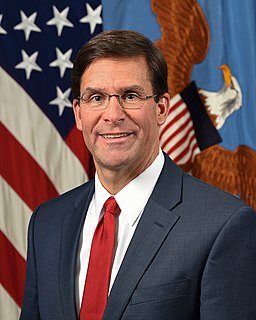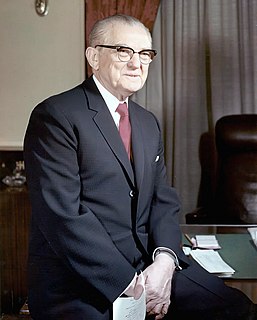A Quote by Barack Obama
The United States is committed to a regional order rooted in international rules and norms, including freedom of navigation, and the peaceful resolution of disputes. That's the only way to ensure our common security.
Related Quotes
It is in the interests of all of us - the United States, China and the rest of the world - to make sure that the rules of the road are upheld. These rules and norms are part of the foundation of regional stability, and they have allowed nations across the region, including China, to grow and prosper.
The United Nations is the preeminent institution of multilateralism. It provides a forum where sovereign states can come together to share burdens, address common problems, and seize common opportunities. The U.N. helps establish the norms that many countries - including the United States - would like everyone to live by.
In addition, the United States Delegation will suggest a series of steps to improve the United Nations machinery for the peaceful settlement of disputes... - for extending the rule of international law. For peace is not solely a matter of military or technical problems - it is primarily a problem of politics and people.
I think that both Russia and other international actors, including those who are more actively engaged in the resolution of the Ukrainian crisis (that is the Federal Republic of Germany and France, the so-called Normandy Quartet, certainly, with close involvement of the United States, and we have intensified our dialogue on this issue), we should all be committed to the full and unconditional implementation of the agreements that were achieved in Minsk. The Minsk Agreements have to be implemented.
Actually, the phrase "national security" is barely used until the 1930s. And there's a reason. By then, the United States was beginning to become global. Before that the United States had been mostly a regional power - Britain was the biggest global power. After the Second World War, national security is everywhere, because we basically owned the world, so our security is threatened everywhere. Not just on our borders, but everywhere - so you have to have a thousand military bases around the world for "defense."
The Constitution, when it says, "We, the people of the United States, in order to form a more perfect union, establish justice, ensure domestic tranquility, provide for the common defense, promote the general welfare, and secure the blessings of liberty to ourselves and our posterity, do ordain and establish this Constitution for the United States of America," meant just what it said without reference to color or condition, ad infinitum.




























